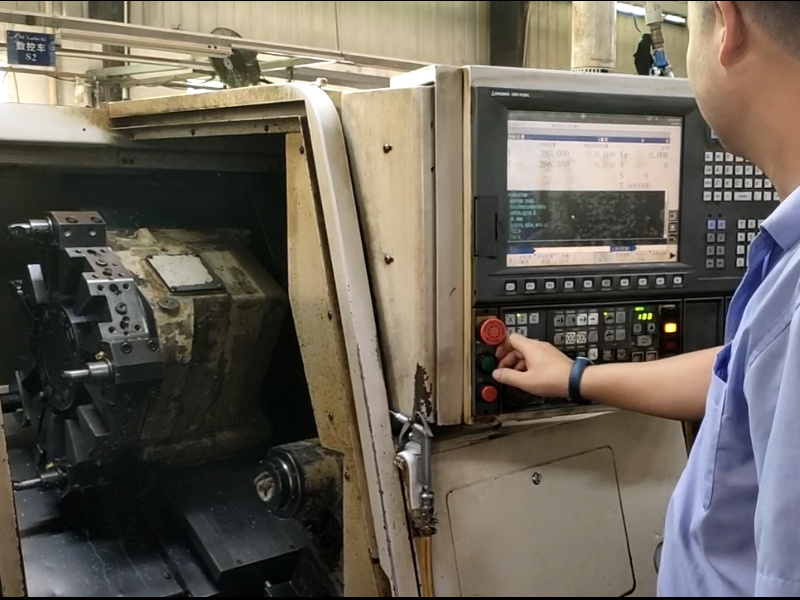19
2024
-
12
The Basics of Aluminum Die Casting in Manufacturing of Tooling for Pressure Die Casting and Forging Mold
Author:
Aluminum die casting is a popular manufacturing process in the machinery processing industry, especially in the production of tooling for pressure die casting and forging mold. This process involves injecting molten aluminum into a steel mold to create complex shapes with high precision and surface finish.
One key advantage of aluminum die casting is its ability to produce parts with thin walls and intricate details, making it ideal for tooling applications where tight tolerances are essential. Additionally, aluminum is lightweight, corrosion-resistant, and has excellent thermal conductivity, making it a versatile material for a wide range of applications.
In the manufacturing of tooling for pressure die casting, aluminum die casting is often used to create molds that can withstand high pressure and temperature variations during the casting process. The high strength-to-weight ratio of aluminum ensures that the tooling is durable and long-lasting, even in demanding production environments.
For forging mold applications, aluminum die casting is used to produce dies that can withstand the extreme pressure and heat generated during the forging process. The thermal conductivity of aluminum helps in dissipating heat quickly, preventing the mold from warping or cracking under high stress conditions.
Overall, aluminum die casting plays a crucial role in the manufacturing of tooling for pressure die casting and forging mold in the machinery processing industry. Its ability to produce complex shapes with high precision, durability, and thermal properties make it an ideal choice for various applications in the industry.
Previous Page
Previous Page
19
2024-12
Understanding Aluminum Die Casting: A Comprehensive Guide for Professionals
19
2024-12
The trend of integrated die casting is becoming clear as the demand for automotive lightweight incre
19
2024-12
Six Ways to Increase Tooling Life
23
2019-08
What testing equipment is needed in a foundry laboratory?
23
2019-08
What is the difference between cast steel and cast iron?
23
2019-08
Performance Analysis of Steel Structure Cast Steel Joints
23
2019-08
Answers to questions related to wax mold manufacturing in precision casting?
Huizhou Winnington Casting Co., Ltd.
Tel: +86-752-5751628
Fax: 86-752-5751625
E-mail: chw@winningtoncasting.com
Address: Xikeng Village, Huihuan Street, Zhongkai High-tech Zone, Huizhou City
Website: http://www.winningtoncasting.com






